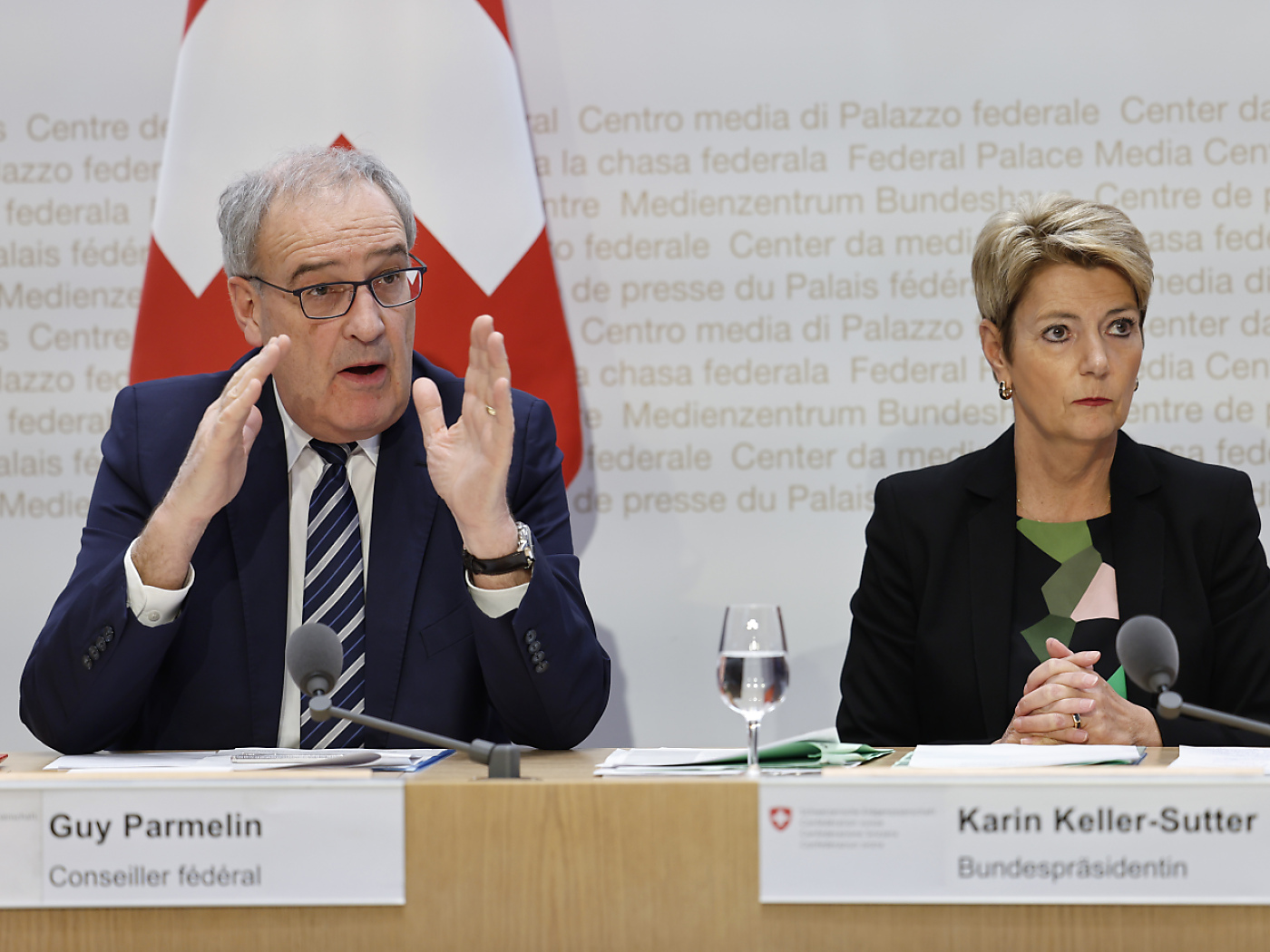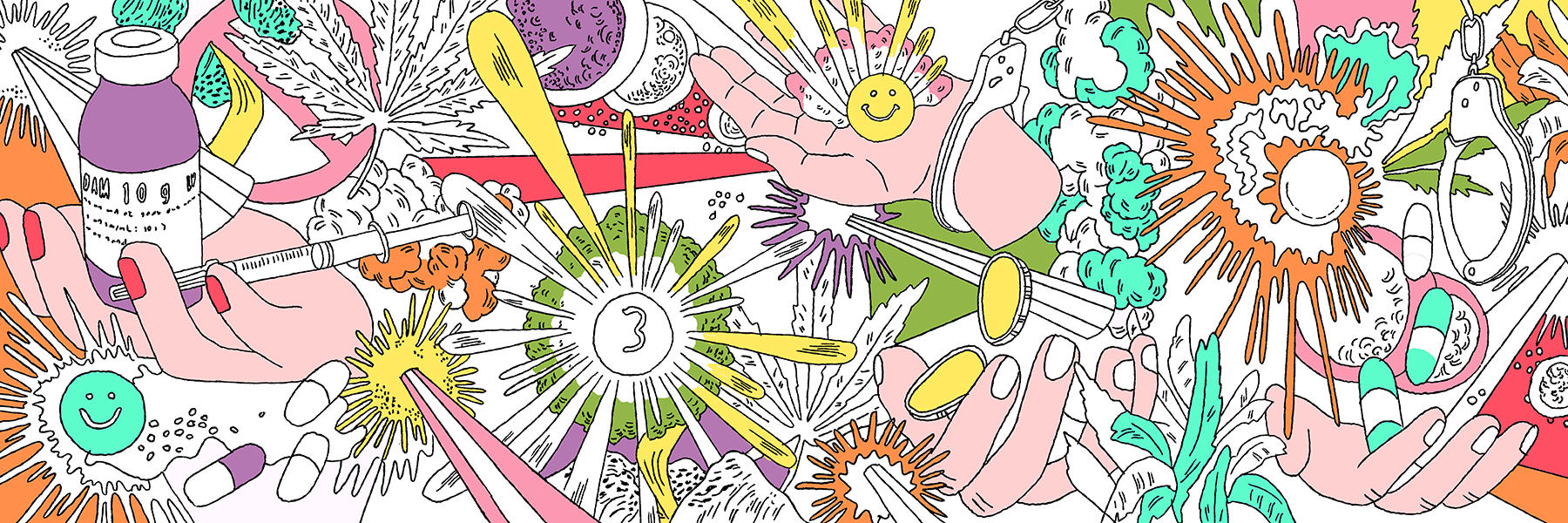
How far is Switzerland in decriminalising drugs?
Switzerland has long stood out internationally for its innovative approach to the problem of drug addiction, adopting a drug policy in the early 1990s when hundreds of addicts occupied public spaces in the cities of Zurich and Bern. At the time, Platzspitz, behind Zurich's main train station, was considered Europe’s largest open drug scene.
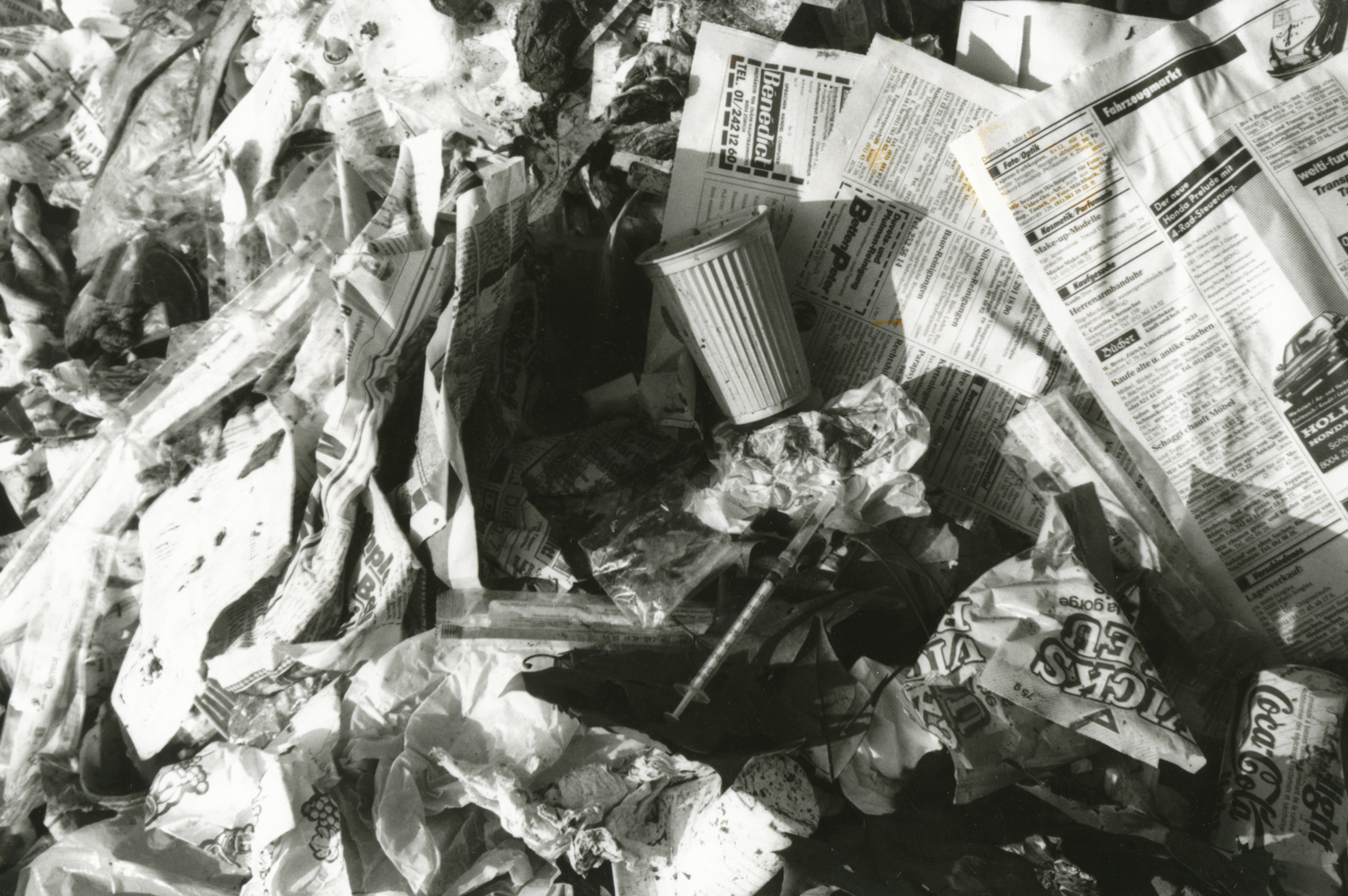
More
Zurich’s infamous Needle Park
“The human and not the drug must be placed at the centre of current thinking,” Swiss health minister Alain Berset told a special session on drugs at the United Nations in 2016.
For 25 years, Switzerland has applied a ‘four pillars’ policy: prevention, therapy, harm reduction and repression (law enforcement). The model is highly regarded by addiction professionals and has proven effective. Since its adoption, the number of deaths resulting from drug consumption has decreased, criminality has declined, the health of addicts has vastly improved and open drug scenes have disappeared.
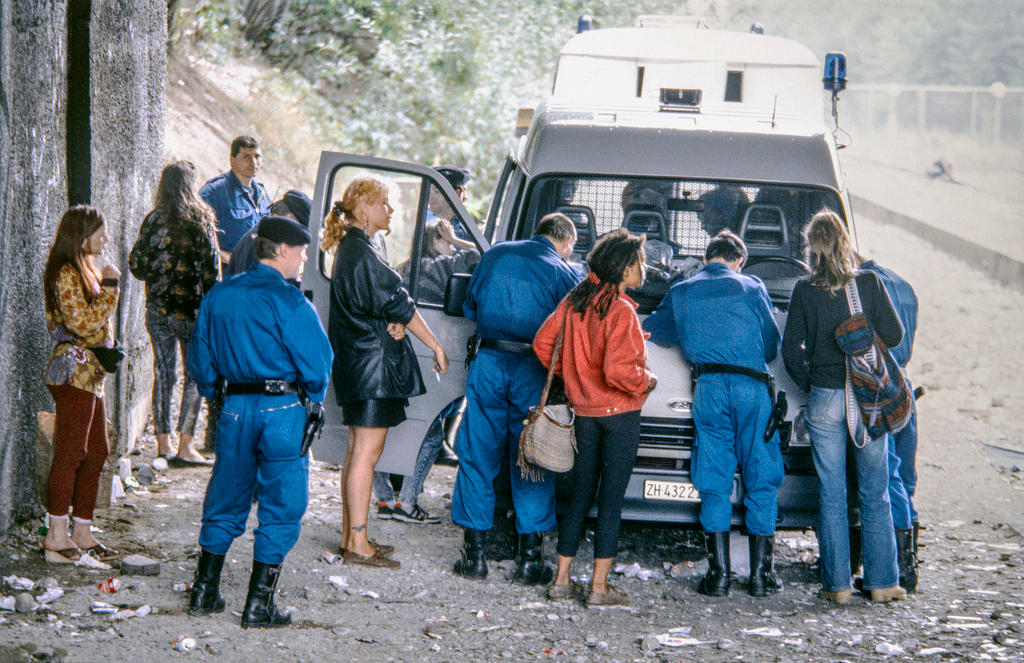
More
Switzerland: A pioneer for a humane drugs policy
One major policy innovation has been the controlled medical distribution of heroin. Addicts can visit a specialised centre to receive a daily dose of the drug. The injections take place on site, under the supervision of a medical team.
Today, some 1,700 addicts across Switzerland benefit from the policy introduced in 1994. It has reduced disease transmission, infections and overdoses and helped people dependent on heroin live an almost normal life. “Without this program, I would have died a long time ago,” says Evelyn, who has been receiving prescription heroin for 20 years.
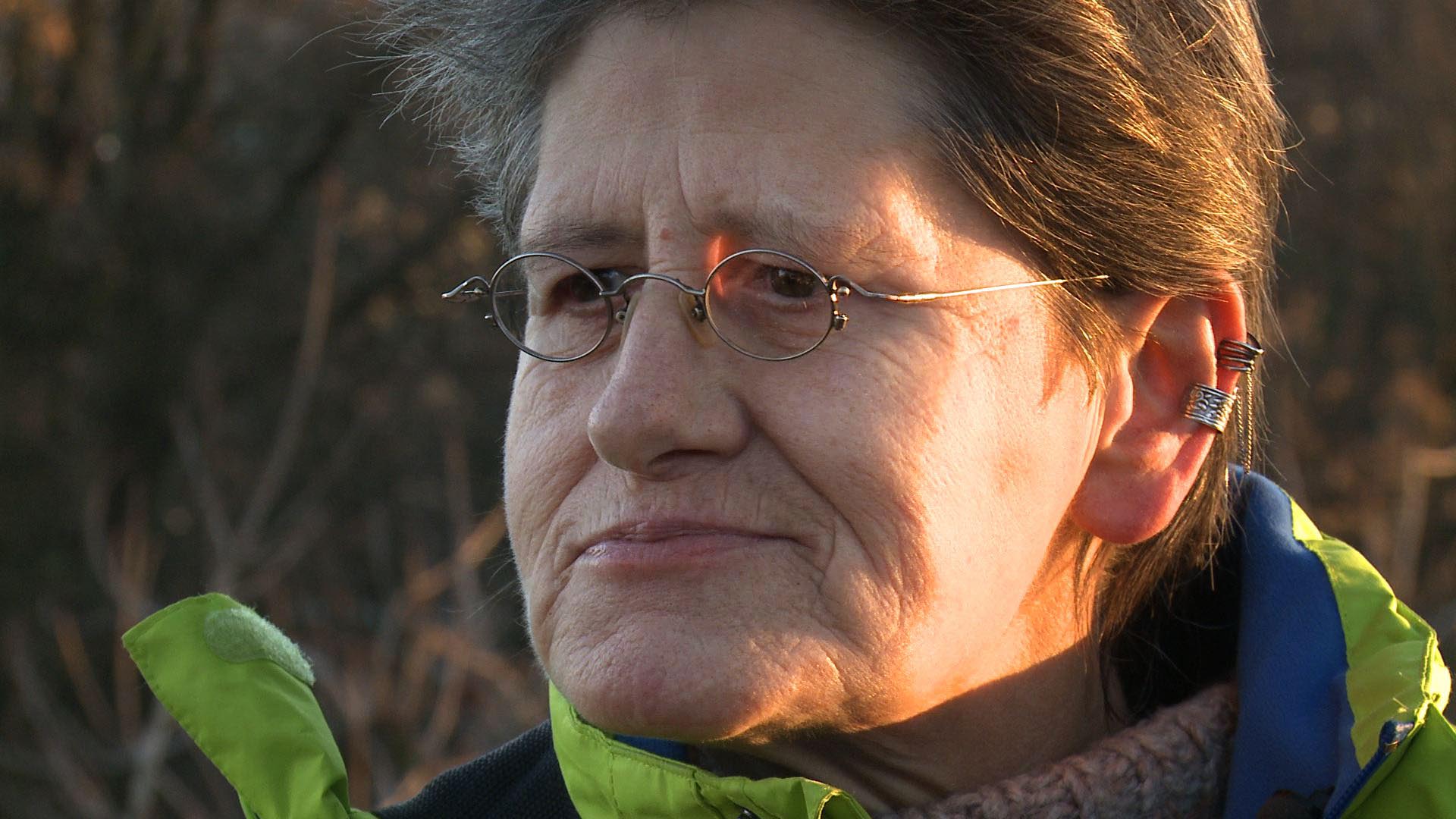
More
‘Without the heroin programme I’d probably be dead’
Switzerland is now debating the decriminalisation of cannabis as well as hard drugs. Some experts are calling for a new approach, the first objective of which should be to reduce as much as possible the damage caused by drugs. “History has taught us that prohibition generates more problems than it solves,” comments Michael Herzig, former representative to the city of Zurich on drugs.
The decriminalisation of drugs remains the subject of intense debate in Switzerland. The situation is changing for cannabis: products with very low levels of THC and which do not have a psychotropic effect have been available for sale over the counter since 2011. The government also intends to facilitate access to medical marijuana through a prescription at a pharmacy.
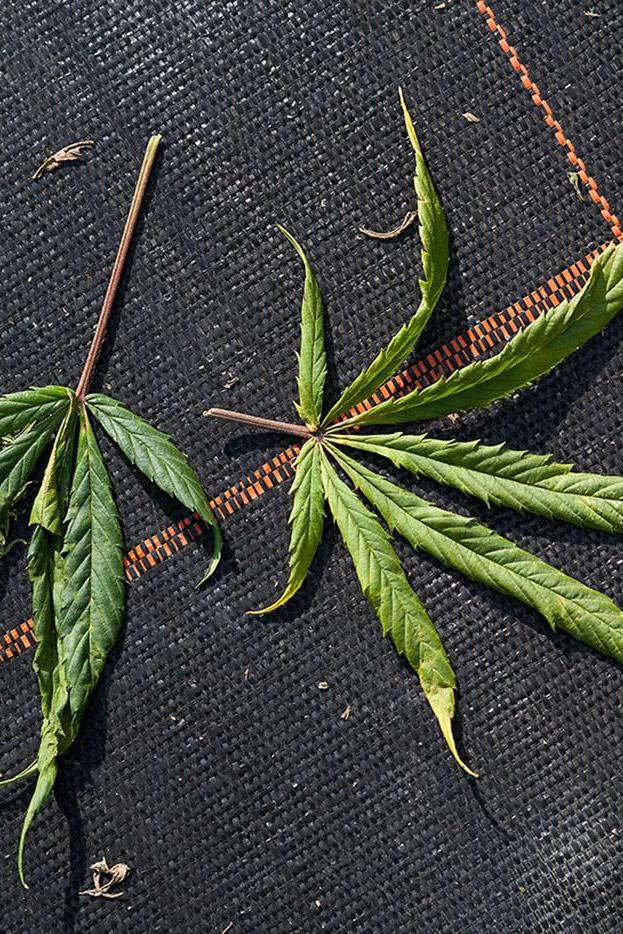
More
Cannabis: the comeback of a banned medicine
External link
In compliance with the JTI standards
More: SWI swissinfo.ch certified by the Journalism Trust Initiative


